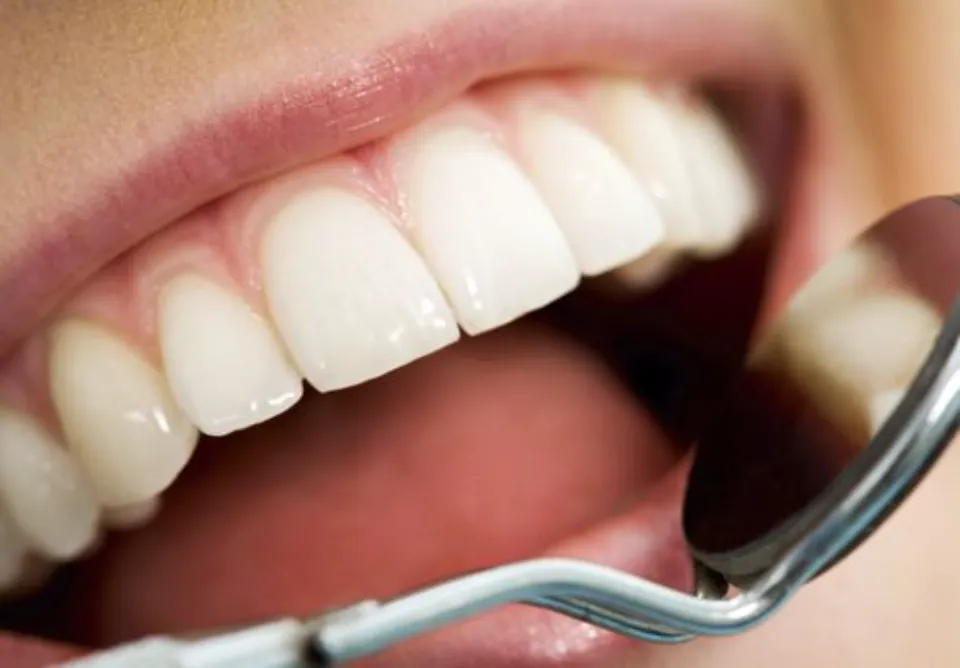
How Long Can Cavities Untreated – Everything You Should Know
The effects of untreated cavities on your oral health may be severe. In order to shed light on the progression of decay and the significance of prompt treatment, we will examine the potential risks and complications of untreated cavities in this article.
Individuals can make their oral health a priority and seek the necessary dental care if they are aware of the potential repercussions.
What is a Cavity?

Cavities are nothing more than bacterial decay. Left untreated for too long this can expose the more sensitive parts of teeth and can cause significant pain.
Cavities develop when teeth are not properly cleaned and bacteria that toothpaste doesn’t kill grows on your teeth. They enjoy feeding on the sugars found in sweet foods like chocolate and ice cream, producing the acid that eventually wears away your teeth’s enamel and may give you pain and cavities are common.
How Do You Know If You Have a Cavity?
Did you know that contrary to popular belief, cavities initially appear as white spots before turning black or brown? Known as early decay, these white spots are the first indication of an impending cavity. The good news is that this type of tooth decay can frequently be reversed with fluoride toothpaste and fluoride treatments if you notice white spots or flecks on your teeth.
In the early stages of a cavity, you might not notice any symptoms aside from white specks that are frequently so small that they go unnoticed. New cavities typically don’t cause any uncomfortable or painful symptoms, but as they develop, you might feel sensitivity or pain when biting down on your teeth. As you brush your teeth, you might also notice the ominous dark streaks or spots that remain on the surfaces of your teeth.
How Long Can a Cavity Go Untreated?
A cavity will only get worse if left untreated for a longer period of time, similar to most illnesses. Cavities can progress to the tooth’s nerve in 3 to 6 months.
That’s not good. Really not good.
That is also not necessarily the case. Your oral hygiene practices and the foods you eat have a direct impact on how quickly a cavity worsens. Poor oral hygiene combined with the consumption of sugary foods will hasten the progression of cavities.
To prevent future pain that is even worse, it is in your best interests to have a cavity treated as soon as possible. It is especially true at this time of year because dental benefits will change at the end of December, so it is a good idea to use them up before then.
You’re not alone if your fear of visiting the dentist is keeping you from having your cavity filled. Others have similar fears, but if you let the dentist know ahead of time that you have dental anxiety, they can help you relax and make the experience less frightening.
How Long Can You Delay Treatment on a Cavity That is in the Dentin?

When a cavity starts to develop in the dentin, it must be treated as soon as possible. The exact time it takes for a cavity to develop in the dentin and spread to the tooth roots can vary, but it occasionally happens in as little as three months. When deciding to put off getting treatment, it is always best to listen to your dentist’s advice. They may recommend a “watch and wait” approach if the cavity has just started to form or they might suggest immediate treatment if they detect that your cavity is rapidly progressing.
How to Protect Tooth Enamel to Prevent Tooth Decay?
Although tooth enamel is the hardest material in the human body, it is not impervious to damage. The demineralization process, which occurs when enamel is exposed to acids, can cause it to begin to break down. In time, this may result in cavities and tooth decay. Thankfully, there are methods to safeguard your tooth enamel and stop demineralization.
- Avoid sugary foods and beverages.
- Regularly brush your teeth.
- Fluoride toothpaste should be used.
- Floss daily
- For regular dental examinations and professional cleanings, visit your dentist.
You can maintain your smile’s health and brilliance for years to come by following these easy steps and maintaining a good oral hygiene regimen!
How Are Cavities Treated by Dentists?
A drill or other specialized dental tool is used by the dentist to remove the decayed areas during cavity treatment. Once the “cavity” portion of the tooth is effectively removed, the dentist fills the empty space with a metal or composite filling. Your dentist might advise installing a dental crown if you have a deep cavity that requires removing a significant amount of tooth structure in order to make sure the tooth surface is resilient enough to withstand pressure from chewing and clenching.
You shouldn’t be concerned about pain if you have an appointment for cavity treatment. Filling operations typically don’t hurt. When the dentist numbs your gums, you might feel a slight pinch, and the drilling can be a little strange. After being completely numbed, you shouldn’t experience any pain.
Read More: Cavity vs. Tooth Stain
Conclusion

It is best to make an appointment with your dentist as soon as you notice a cavity so that you can have it filled and stop it from getting worse.
It’s also possible that you won’t notice that you have a cavity until it hurts and the tooth is irreparably damaged, which is why it’s advised to get a checkup every six months to catch any potential issues early and treat them before they get worse.




Average Rating